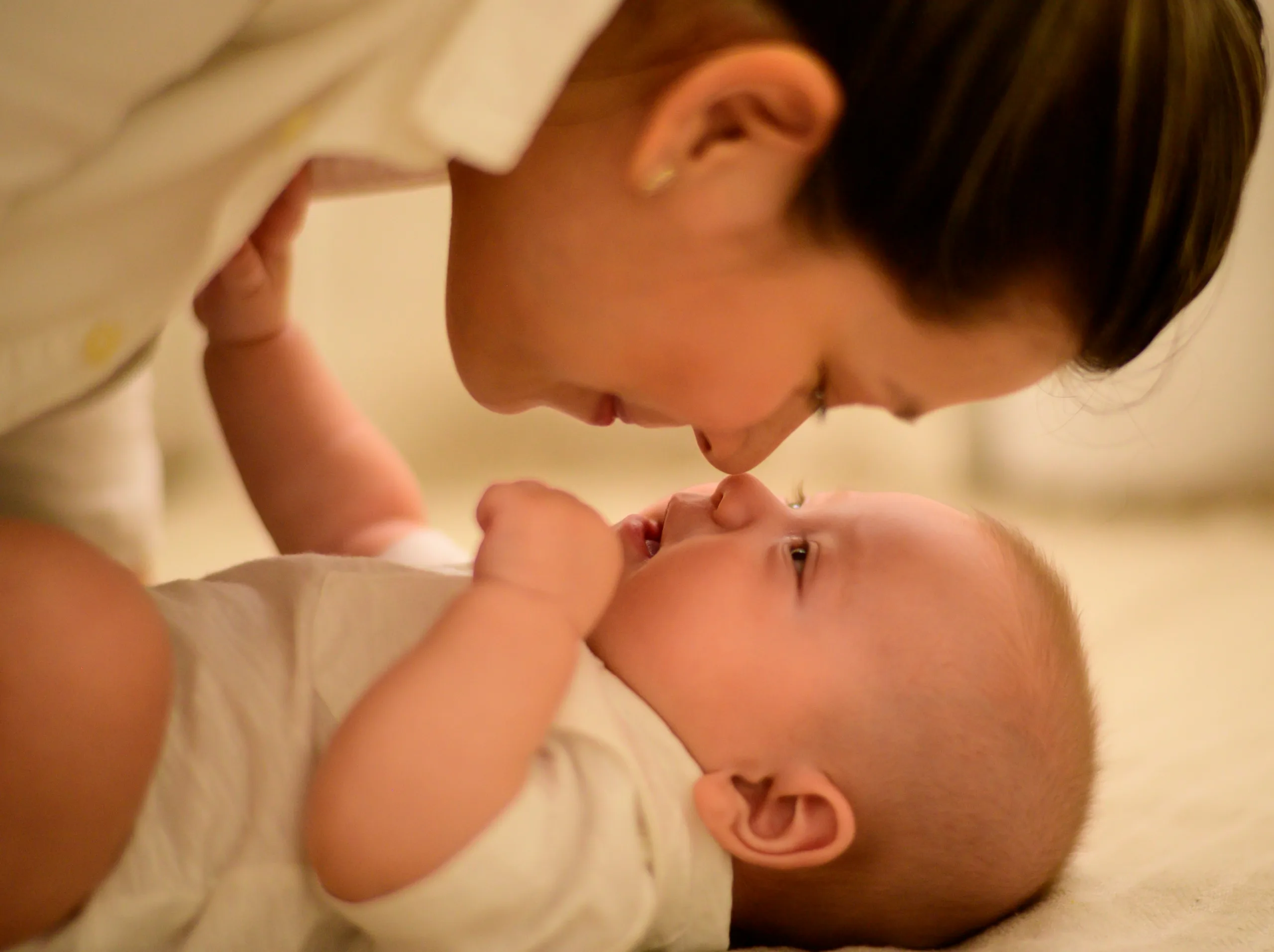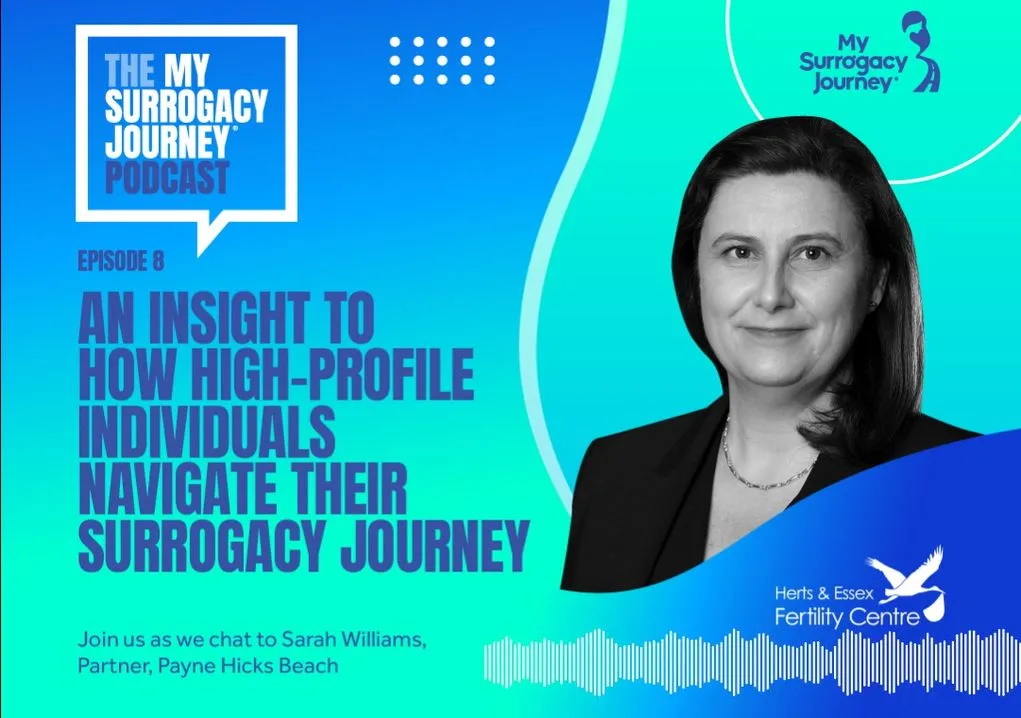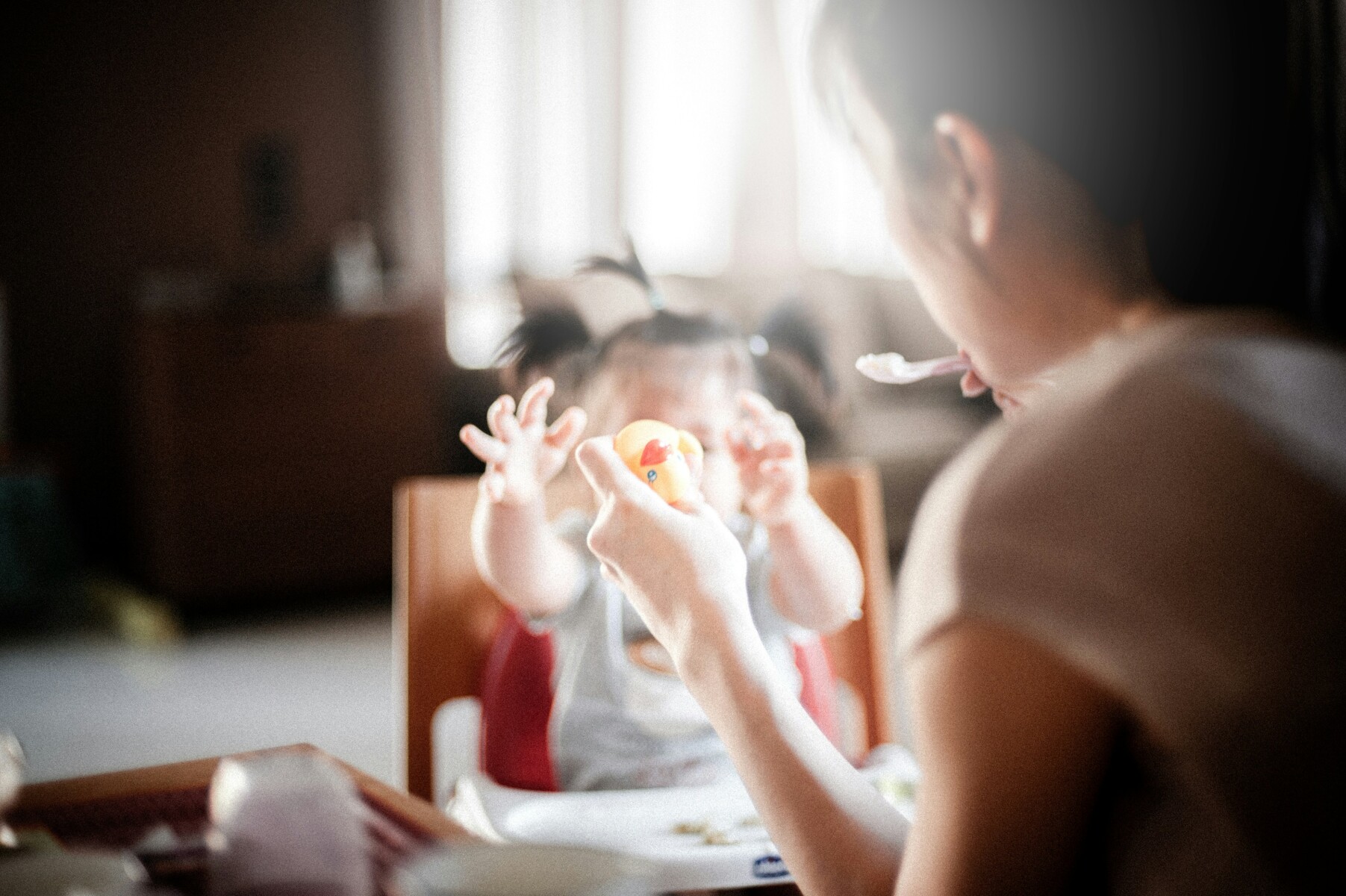Surrogacy
What is surrogacy?
Surrogacy is the process where a woman carries and delivers a baby on behalf of someone else, either with her own egg (a ‘traditional’ or ‘straight’ surrogacy), or where she has no genetic connection to the child (a ‘gestational’ surrogacy).
Who are the legal parents of a child born to a surrogate?
The legal mother of a child, as defined by section 33 of the Human Fertilisation and Embryology Act 2008 is “woman who is carrying or has carried a child as a result of the placing in her of an embryo or of sperm and eggs, and no other woman”. Therefore, upon birth, the child’s legal mother is the surrogate.
If the surrogate is married or in a civil partnership, her spouse or civil partner will be the child’s legal father or second parent (subject to condition).
If the surrogate is not married or in a civil partnership, the intended father or intended second parent can be named as the legal parent of the child on the child’s birth certificate.
How do I extinguish the surrogate’s legal parentage of the child?
The surrogate will remain the child’s legal mother (and her spouse or civil partner will remain the other legal parent) until the intended parent(s) obtain a Parental Order in respect of the child. If the intended parent(s) have obtained a foreign Parental Order and/or birth certificate, the intended parent(s) will still need to obtain an English Parental Order to recognise their legal parentage in this jurisdiction.
Upon grant of a Parental Order, the parental rights of the surrogate (and her spouse or civil partner) will be extinguished and legal parenthood is granted to the intended parent(s).
How do I obtain a Parental Order following domestic surrogacy?
Please see my article here for more information.
What happens after the Parental Order is granted?
Following the grant of this Order, the child’s birth will be re-registered at the Registry Office and a new birth certificate will be issued naming the intended parent(s) as the legal parent(s) of the child.
In terms of continuing personal relationships with the surrogate, this is an entirely personal matter and left up to the intended parent(s) and the surrogate. Some people are surrogates for friends and family members and so their role in the child’s life will be determined by the intended parent(s). However, no legal relationship or role would remain following the grant of the Parental Order.
Donor Conception
What is donor conception?
Donor conception is the process where a child is conceived using the sperm, eggs or embryos donated by a third party to recipient parent(s) whom then conceive a child through insemination or fertility treatment.
What is the link between donor conception and surrogacy?
Donor gametes can be used to conceive a child carried by a surrogate. However, for intended parents to obtain a Parental Order, one of the intended parents must have a genetic connection to the child.
Therefore, for example, donor sperm could be used to conceive a child using the intended mother’s egg, which is then implanted into the surrogate and the intended parents could then apply for a Parental Order following the birth of the child.
However, if the intended parents use a donated embryo (where they have no genetic connection) or use a donor egg and donor sperm to conceive a child which is carried by a surrogate, the intended parents would not be able to apply for a Parental Order and instead they would need to adopt the child.
Will a sperm donor have rights and obligations to a donor-conceived child?
If a sperm donor donates through a clinic authorised by the Human Fertilisation and Embryology Authority (the “Authority”), the sperm donor will not be the legal father of any child conceived using his donation, nor will the sperm donor have any legal obligations towards or rights in respect of the child. The sperm donor will not be named on the birth certificate.
However, if the donation is made outside of an Authority clinic, for example, between the donor and recipient parent(s) directly (especially if the recipient mother attempts to conceive naturally using the donor sperm), the donor could be considered the child’s legal father.
Will an egg donor have rights and obligations to a donor-conceived child?
The child’s legal mother is the woman whom carries and delivers the child. If the egg donor does not carry the baby (for example, it is not a ‘traditional’ surrogacy), the egg donor will not be the legal mother.
Can donor-conceived children identify their donor parent?
For those conceived at an UK licensed clinic, upon turning 16, those donor-conceived children can apply for non-identifying information about their donor. This includes a description of the donor, including their physical appearance and ethnic group, their religion and personal and family medical history, amongst other information.
Upon turning 18, those donor-conceived children born from donations made and registered after 31 March 2005 can request identifying information regarding their donor parent. This includes the donor’s full name, date of birth, town of birth, appearance of the donor and the donor’s last known postal address.
Can donors identify the children conceived with their gametes?
For donations made after 1 August 1991, donors can be informed of the number of children conceived from their donation, the sex of those children and the year(s) those children were born.
Please download a free copy of our Essential Guide to Modern Family here for more information.
Evelyn Collins is a member of the Modern Family team and advises in respect of surrogacy and fertility law. For further information, please contact Evelyn Collins, Associate in the Family Department or, alternatively, telephone on 020 7465 4300.







